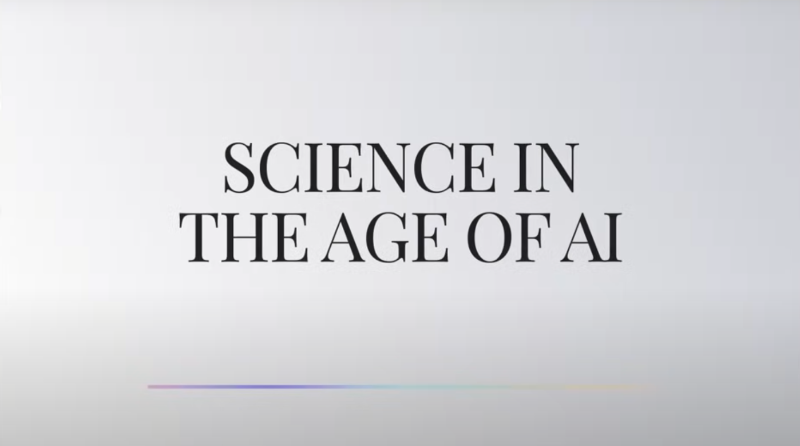by University of Canterbury
Credit: Unsplash/CC0 Public Domain
New research shows endometriosis sufferers in New Zealand are likely to show some improvement in quality of life if they practice self-compassion.
University of Canterbury (UC) doctoral candidate Chelsea Skinner surveyed 603 people with endometriosis and asked them about their experiences living with the chronic, gynecological condition. Endometriosis is a result of tissue that is similar to the lining of the uterus (endometrium) being found in places outside the uterus.
The research, published by Skinner and her supervisor Associate Professor Roeline Kuijer from UC's School of Psychology, Speech & Hearing, was published recently in the journal Psychology & Health, coinciding with International Endometriosis Awareness Month.
In New Zealand, endometriosis clinical guidelines were only established in 2020. There had been very little previous research, and limited or delayed access to health care remains an issue, Skinner says.
"Our health system is stretched, and we don't have the support that those with endo have in other countries. Endometriosis New Zealand doesn't have government funding, and knowledge and understanding of the condition and its prevalence is lacking. We're working on current estimates that one in 10 women and those assigned female at birth likely have some form of endometriosis in New Zealand, but it's probably higher than this," she says.
Common endometriosis symptoms include painful periods, chronic pelvic pain, painful intercourse, abnormal bleeding, bowel and bladder problems, fatigue and infertility. There is still uncertainty about what causes the condition, and no cure. Quoting the published article, "management focuses on symptom relief with varying degrees of success."
The study participants' quality of life was found to be significantly impaired but those with higher levels of self-compassion perceived their symptoms to be less severe, which in turn related to less impairment in quality of life.
Self-compassion is defined as being kind, non-judgmental and understanding towards yourself in difficult times, being in touch with difficult experiences in a mindful and accepting manner and recognizing that you're not alone in your experience, Skinner says.
"A lot of people get really frustrated and feel guilty about having to take time off work and study or dealing with other effects of endo. We can't really control the symptoms, but we can control how we respond to them."
Skinner's advice is to note down the symptoms so people can be specific with their GP. Sometimes it will be necessary to seek a second or third opinion.
"Often people can get pushed around and not feel validated that their symptoms or experiences are real. You know yourself best, so it's important to advocate for yourself," she says.
"There will be days when it is harder to live with this condition, I know this through my own lived experience, but there are people out there willing to support you. Be kind to yourself."
More information: Chelsea M. Skinner et al, Self-compassion and health-related quality of life in individuals with endometriosis, Psychology & Health (2024). DOI: 10.1080/08870446.2024.2325506
Provided by University of Canterbury







Post comments